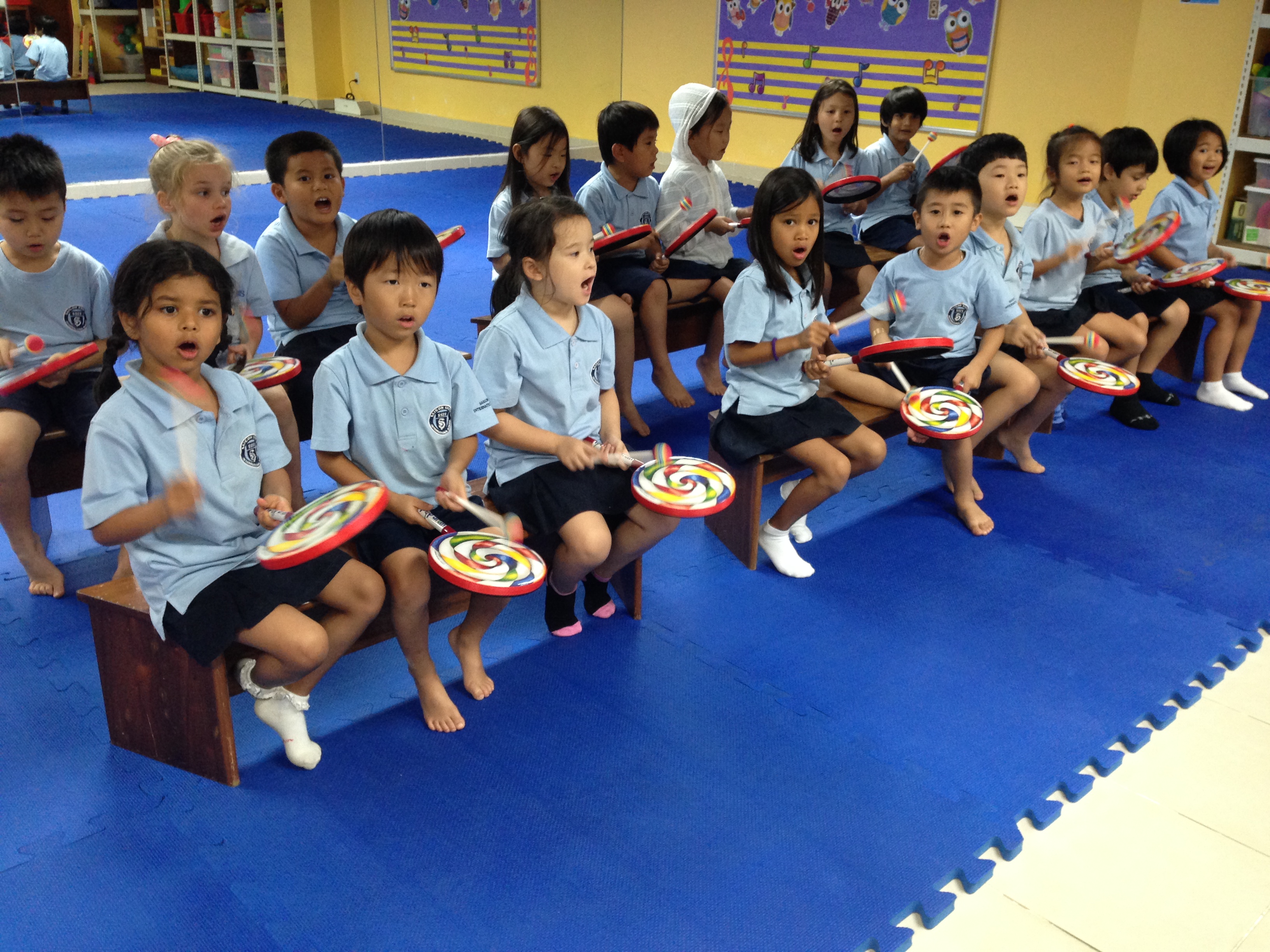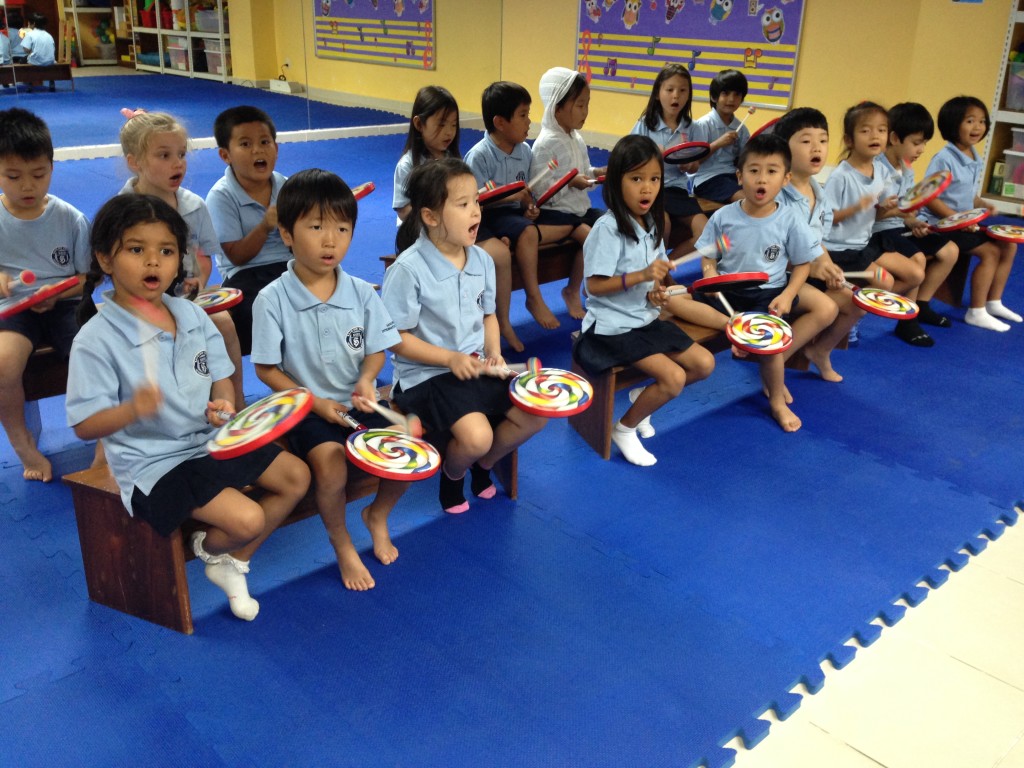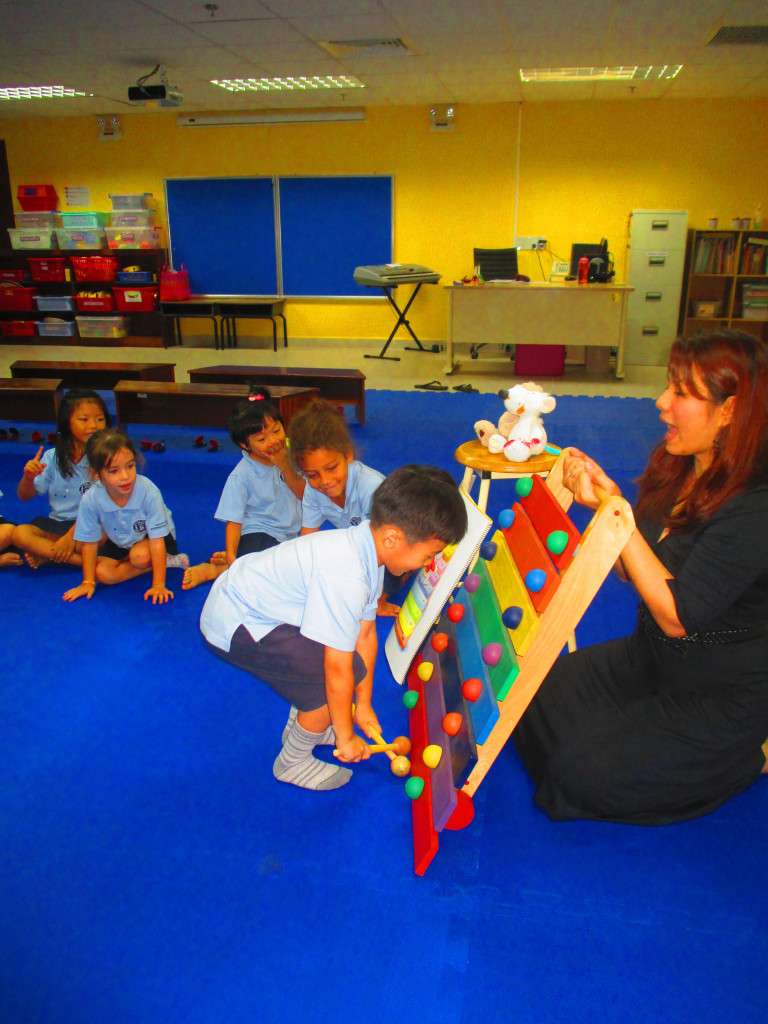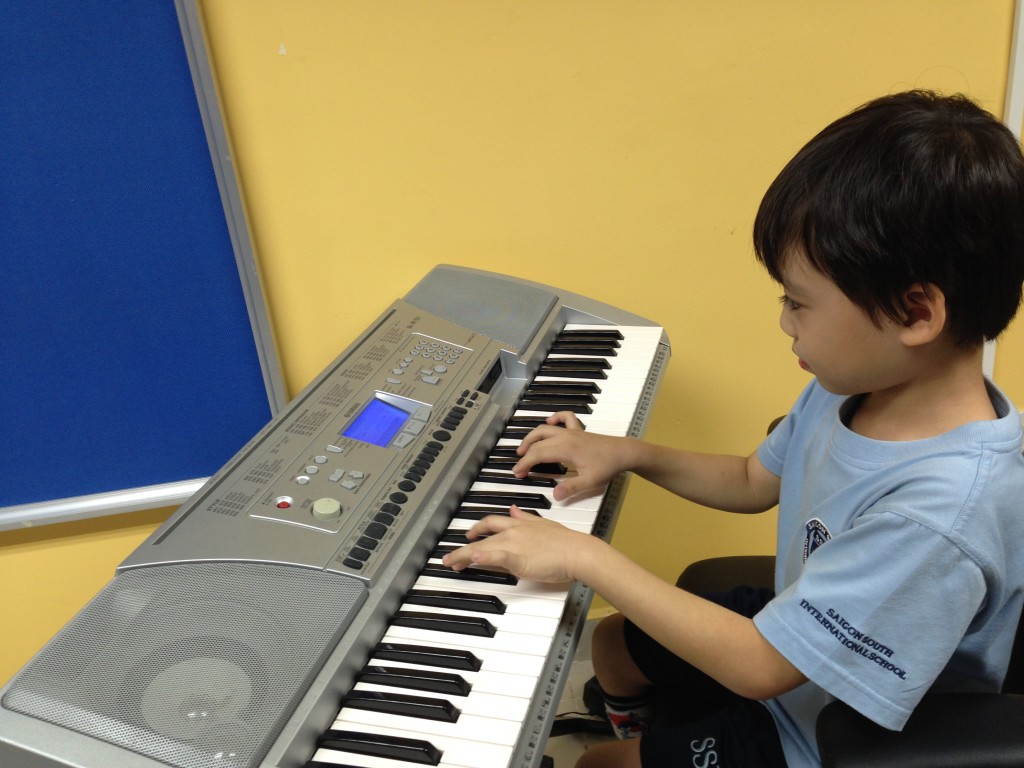When Should Your Child Begin Music Lessons?
As a music teacher for almost fifteen years, I have encountered common questions about beginning children in music.The most frequent among those questions is, “what is the right age to immerse my child in music lessons?”
Personally, the important question is not when to start lessons, but what is the goal of music lessons for young children? For instance, very young children are not exposed to instruments in order to master them, but to gain experience and learn to develop meaningful relationships with music at a young age. According to Dr. Robert Cutietta, Dean of USC’s Thornton School of Music, “ if this is your goal then the ‘lessons’ can and should start soon after birth and certainly within the child’s first year.”
Quoting Dr. Cutietta’s statement, “these ‘lessons’ do not have to be—in fact, at first probably shouldn’t be—very formal. A parent can serve as guide by immersing the child in a musical environment. You should help your child focus on the music with simple movement activities such as musical games, swaying or dancing while holding the baby, or singing or playing an instrument for the child.”
“Once the child is around age three, it may be time for more formalized ‘lessons.’ Again, the goal is not to learn to play an instrument but to further develop skills like identifying a beat in music, identifying melody, or identifying instruments. These parent-child lessons might be any number of preschool classes run by private individuals, universities, or community centers. To decide whether or not a class is suitable for your child, make sure your goals and expectations coincide with the teacher’s.
By age five, most children have built a foundation that has prepared them for formalized music lessons. Even now, the goal of the lessons is not to become a great performer on the instrument but to further the understanding of music. Piano and violin are the two most common instruments played at this age, but others have tried the recorder, guitar, or ukulele with success.
By age 10, the child will have a variety of skills associated with their instrument of choice. They’ll also have the physical strength to try a different, bigger instrument, such as a brass or large string instrument that requires a higher level of strength and stamina. Around this time, the goal of lessons appropriately transitions from gaining experience with music to improving performance ability.
In summary, there are three answers to the question, ‘What age should children begin music lessons?’ Informal activities with music should start soon after birth, followed by more systematic classes around age three, and lessons with the goal of learning the instrument should start between six and nine. Keep in mind that these are only guidelines; exceptions will undoubtedly occur based on the child and/or teacher. Musical experience at an early age is extremely important in a child’s developmental process. Like riding a bike or learning a language, these skills can be learned later in life, but they will never be ‘natural’ in the way that is so important for fluid musical performance.”
These are very important factors which should be considered as we learn about a child’s musicality. Although I may say that each individual is truly unique, we can only be certain that each has his own peak age to show love and interest in music.
Contributed by:
Ms. Jennifer Aca-Vergara
EC-K Music and Movement Specialist


![[AS] Welcome New Faculty, 2023-2024 (May 2023) Head of School Letter header](https://enews.ssis.edu.vn/wp-content/uploads/2022/08/HOS-Letter-SY22-23-218x150.png)

![[AS] Award-Winning Author Minh Lê Visits SSIS!](https://enews.ssis.edu.vn/wp-content/uploads/2023/04/Minh-Le-218x150.jpg)
![[AS] Annual Community Survey](https://enews.ssis.edu.vn/wp-content/uploads/2022/03/2022-Community-Survey-218x150.jpg)
![[ES] Classroom Placement, 2023-2024 – Opportunity for Parent Input elementary school general graphic](https://enews.ssis.edu.vn/wp-content/uploads/2022/07/ES-eNews-Cover-218x150.png)

![[G6-8] Important End-of-Year Events and Dates](https://enews.ssis.edu.vn/wp-content/uploads/2022/07/MS-eNews-Cover-218x150.png)
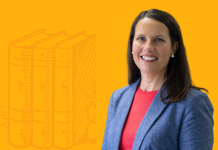

![[G9-11] Invitation to University Application Policies and Procedures, Wednesday, 8:00 am](https://enews.ssis.edu.vn/wp-content/uploads/2020/10/University-Application-Process-218x150.jpg)
![[G12] US Student Visa: US Consulate to Provide Information, Monday, May 8, 6:00 – 7:30 pm HS eNews Cover](https://enews.ssis.edu.vn/wp-content/uploads/2022/07/HS-eNews-Cover-218x150.png)

